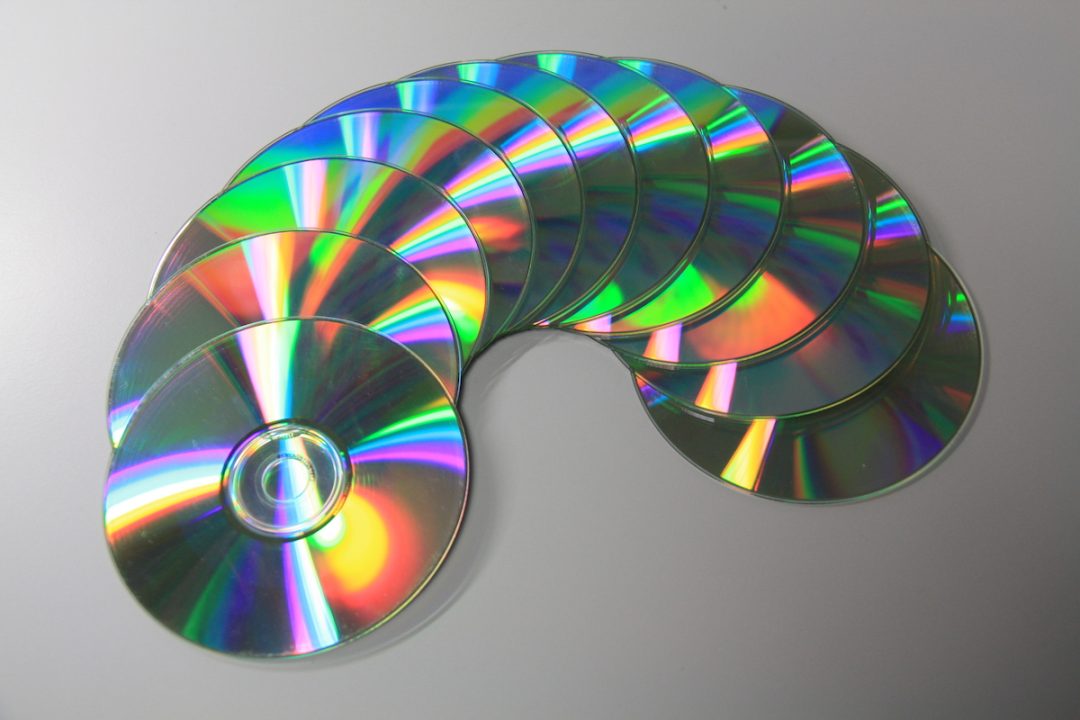ISRC stands for International Standard Recording Code. Publicly released songs are stamped with this 12-character identifier as a means of keeping tabs on important data pertaining to the song(s).
What Is an ISRC Code?
ISRCs are embedded into the metadata of every song that gets released. These alphanumeric codes supply the song’s rights holder (i.e., the independent artist or a record label) information about sales, streams, and radio plays. It also contains info about the song’s writer(s), the performer(s), as well as the Universal Product Code.
Every song gets its own ISRC. If you release a 10-song album, for example, each track on the album will have its own unique code. The same goes for all the different versions of the same song. Remixes, radio edits, clean versions, etc. would each have their own identifying code.
ISRCs consists of a two-character country code; a three-character registrant code representing the person who applied for the ISRC; a two-digit code designating the year of the recording/release; and finally, a five-digit serial number.
When Do You Need an ISRC Code?
You’d need an ISRC if you want to sell your music publicly. The International Standard Recording Code system is a resource for rights holders; it lets them keep an eye on sales data, shows them when/where their song gets played, and can be useful for maximizing earnings on your musical property.
How Do You Get an ISRC?
As an independent artist, the first and easiest way to get an ISRC for your recording is through your distribution service. They will provide an ISRC as part of the process for uploading your music. In 2022, this is your best bet. Sign yourself up with Distrokid, Tunecore, or the like, and they’ll pretty much handle the rest.
Alternatively, you can also apply directly for a code through the RIAA which oversees ISRCs in the US; you may also use an agency in your particular country.
Using the Code to Track Sales, Royalties, and Radio Play
Traditionally, physical music sales are logged in Nielsen Soundscan. You can register your ISRC there, and they’ll track your data. Keep in mind, Soundscan does not track streams. They’re a resource only if you’ve put out physical copies of your music.
For streaming royalties, you’ll default to your distribution service. These companies make it easy to view your bottom line, collect payouts, and keep track of other important sales-related information.
While you’re at it, it’s a good idea to enroll in a Performing Rights Organization (PRO). They exist for songwriters and artists to collect maximum earnings through their intellectual property.
